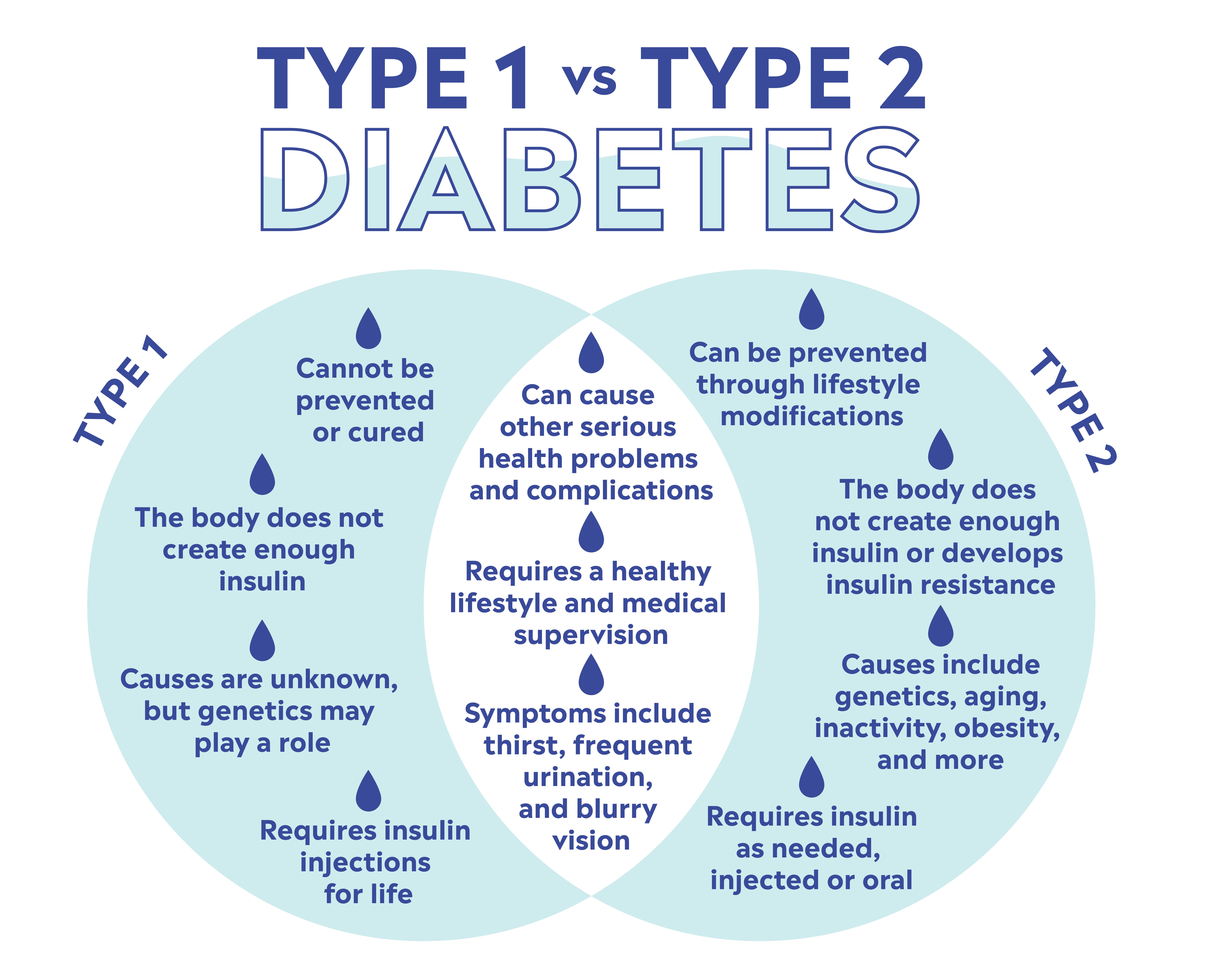BJ255 Insights
Exploring the latest trends and news in various fields.
Sugar Rush: Navigating Life with Diabetes
Discover tips, tricks, and inspiring stories to thrive with diabetes—join the Sugar Rush and take control of your health today!
Understanding Blood Sugar Levels: What Every Diabetic Should Know
Understanding Blood Sugar Levels is crucial for diabetics to manage their condition effectively. Blood sugar, or glucose, is a vital source of energy for the body, but for those living with diabetes, maintaining optimal levels is essential to prevent complications. Diabetics should aim for a target blood sugar range, often recommended by healthcare professionals, which can be influenced by factors such as diet, exercise, and medication. Regular monitoring of blood sugar levels allows individuals to make informed decisions and adjustments in their daily routines.
There are several key concepts that every diabetic should understand about blood sugar levels:
- Normal Range: Generally, fasting blood sugar levels should be between 70-130 mg/dL, while post-meal levels should be below 180 mg/dL.
- Hypoglycemia: This occurs when blood sugar levels drop too low, leading to symptoms such as shakiness, dizziness, and confusion.
- Hyperglycemia: High blood sugar levels can cause symptoms like frequent urination, increased thirst, and fatigue.
Recognizing these symptoms and understanding how to respond can help prevent serious health issues related to diabetes.

10 Tips for Managing Diabetes During the Holidays
Managing diabetes during the holidays can feel challenging, but with the right approach, you can enjoy the festivities while keeping your blood sugar levels stable. Here are 10 tips for managing diabetes during the holidays:
- Plan Your Meals: Create a meal plan that includes healthy options and stick to it as closely as possible.
- Stay Active: Incorporate physical activity into your holiday plans, such as taking walks after meals or participating in festive activities.
- Monitor Your Blood Sugar: Keep track of your glucose levels, especially after holiday meals to understand how different foods affect you.
Additionally, don’t hesitate to communicate your dietary needs to friends and family. Sharing your situation can help them accommodate your needs during gatherings. Choose healthier alternatives when available, and be mindful of portion sizes. The holiday season is a time of joy, but by adhering to these 10 tips for managing diabetes during the holidays, you can ensure that your health remains a priority while also enjoying the celebrations!
Can You Enjoy Sweets with Diabetes? Here’s What You Need to Know
Living with diabetes doesn't mean you have to completely give up sweets. In fact, moderation is key. It's essential to understand how to incorporate treats into your diet without causing spikes in blood sugar levels. One effective strategy is to opt for diabetic-friendly sweets that use alternative sweeteners like stevia or erythritol, which have minimal impact on blood glucose. Additionally, pairing sweets with high-fiber foods can help slow down digestion and prevent insulin spikes. Always consult with your healthcare provider to tailor a plan that works for you.
When enjoying sweets, portion control is crucial. Here are some tips to keep in mind:
- Limit serving sizes to small amounts.
- Choose sweets that are lower in refined sugars and fats.
- Consider making homemade treats using healthier ingredients.
By following these guidelines, you can savor a sweet treat every now and then while maintaining your health. Remember, it's about balance and making informed choices that align with your diabetes management plan.